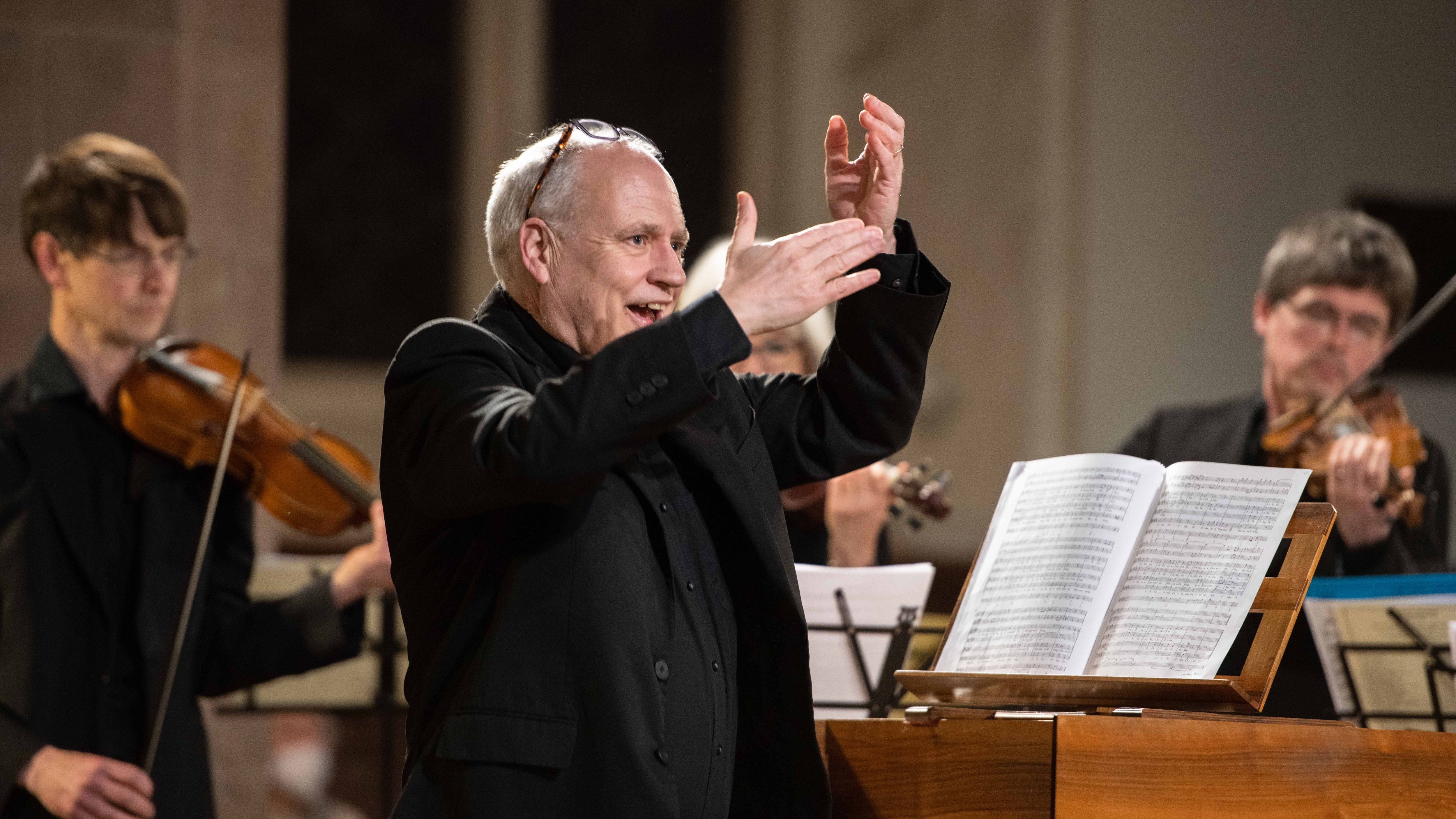★★★★☆
John Tavener, who died in 2013, would have been 80 this year. Fitting, then, that the Britten Sinfonia, led from the violin by Thomas Gould, is touring his most celebrated orchestral work, The Protecting Veil, which was premiered in 1989 and then achieved extraordinary record sales in an era when “holy minimalism” was briefly all the rage.
Preceded here by exciting if rough-hewn performances of two pieces that are full of muscle and energy — Beethoven’s Grosse Fuge and Bartok’s Divertimento — The Protecting Veil still sounds like a visitation from a gentler world. Though built on exquisitely crafted contrasts it seems to invite trance-like contemplation rather than emotional engagement.
Yet you find yourself engaged anyway by the sheer power of Tavener’s spirituality, and nowhere more so than at the work’s heart. The orchestra falls silent and the cello soloist — here the admirable Guy Johnston — portrays Mary at the foot of the cross in a movement that fuses ancient chants into a lamentation that seems to lay bare the very soul of the instrument.
The origin of The Protecting Veil is a Greek Orthodox legend about the mother of God appearing in the sky and shielding a tenth-century community from invaders. One can imagine 21st-century Ukrainians pleading for similar divine assistance, and perhaps there are elements of such prayers in another highly charged work for cello and orchestra, given its UK premiere at the Royal Festival Hall on Friday.
Like Tavener, the Ukrainian composer Victoria Vita Polevá is clearly influenced by ancient sacred music. But in her 20-minute piece, The Bell: Symphony No 4, she generates a lot more dissonance and density in clustered orchestral sounds that seem to elongate, envelop or etherealise the cello’s anguished lines.
Advertisement
There’s also a discernible narrative. For Polevá, bells (present, one way or another, throughout the piece) can toll for death or peal for victory. But she points out that bellum is also the Latin word for war — and this piece seems to embody both the grief and resolve gripping her compatriots at present, with an enigmatic finish suggesting a traumatic uncertainty. It was powerfully played by the cellist Inbal Segev and the London Philharmonic conducted by another Ukrainian, the fast-rising Oksana Lyniv.
The Britten Sinfonia programme is at the Barbican, Feb 15, and Bridgewater Hall, Manchester, Feb 20, brittensinfonia.com
Follow @timesculture to read the latest reviews







